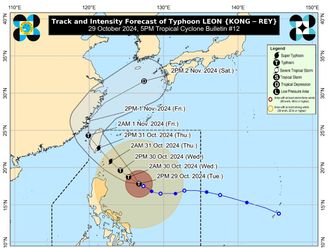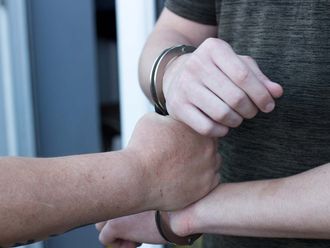Manila: The Philippine government has recently lifted a 13-year-old ban on sending "au pairs" to selected European countries following guarantees from host nations of fair treatment to the guest workers.
Jennifer Jardin-Manalili, administrator of the Philippine Oveseas Employment Administration (Poea) said the agency has issued three separate resolutions this year allowing the deployment of Filipina au pairs to Switzerland, Norway and Denmark.
The move came after the three European countries guaranteed protection and agreed to observe the requirements of the Philippine government on the deployment of au pairs.
Unlike most house hold workers sent abroad with consent from the Philippine government, au pairs enjoy better protection from abuse and are expected to get more from their foreign job exposure in terms of cultural and language training.
The term "au pair" is French for "on par" or "equal to". Being on par, au pairs are treated not as much as employees but rather as reciprocals of members of the host family.
Jardin-Manalili said the Department of Foreign Affairs had imposed a ban on sending Filipina au pairs to Europe in 1997 because of amid the reported maltreatment of the guest workers.
She said the Filipina au pairs at that time had been subjected to unfair compensation, excessive working hours, discrimination and sexual assault.
Based on the recent guidelines provided by the Poea, however, Filipino au pairs will be placed under a cultural exchange agreement with the host family for a maximum stay of two years.
In the duration of the au pair's service, the Poea said she should be enrolled in a school to learn thelanguage of the host country and shall live with the host family and treated on an equal basis with the members of the family.
"The Filipino au pair should be given pocket money, and share in child care or light household chores and other responsibilities previously agreed upon in a contract between the au pair and the host family," Manalili emphasised.
The au pairs should be between 18 and 30 years of age, unmarried and without any children.
Manalili said the employer shall pay the cost of hiring a Filipino au pair which consists of visa fee, air fare, Poea processing fee, Overseas Workers Welfare membership contribution, and cost of training if required by the employer.
The au pair shall pay for her passport, government security clearances, birth certificate, medical tests, Philhealth insurance, and other personal documents.












